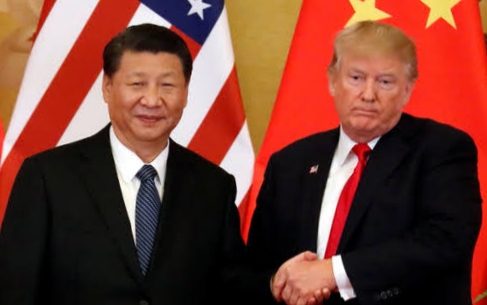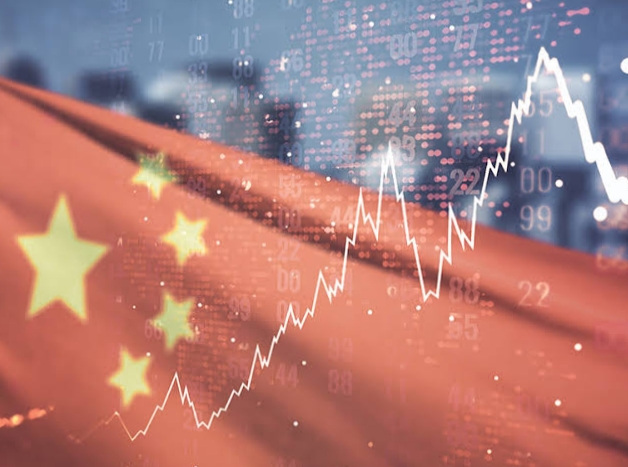INTERNEWSTIMEA.COM – As Tunisia prepares for its presidential election on Sunday, October 6th, questions linger about the fairness of the process and the potential trajectory of the country under President Kais Saied’s leadership. While Saied is widely expected to secure a second term, with his main opponents either imprisoned or excluded from the race, concerns about a tightening grip on power and a shift towards authoritarianism are growing.

This election marks the third since the Arab Spring uprisings of 2011, which led to the overthrow of President Zine El Abidine Ben Ali. While previous elections were praised for their adherence to democratic norms, this year’s process has been marred by arrests and actions taken by Saied’s appointed election authority, raising doubts about its fairness.
Opposition parties have called for a boycott, citing a lack of a level playing field and concerns about the suppression of dissent. Michael Ayari, a senior analyst at the International Crisis Group, echoes these concerns, questioning whether Saied’s rule will lead to a more authoritarian future for Tunisia.
“Will Saied’s rule last forever? That is the question,” Ayari told the Associated Press. “Is it possible to change the political system in a peaceful way? Or are Tunisians condemned to have a president who will stay in power for 30 years?”
However, Saied also enjoys strong support from those who see this election as an opportunity to consolidate his power and implement his vision for the country. This group views Saied as a leader who is capable of liberating Tunisia from Western influence and ushering in a new era of independence.
The election is taking place amidst a backdrop of political and economic challenges in Tunisia. Saied’s rule has been marked by a crackdown on dissent and a shift away from the country’s traditional Western allies. He has forged new partnerships with Iran and China, accepting millions in loans from China as part of its Belt and Road Initiative.
As Tunisia heads to the polls, the world is watching closely to see whether Saied’s grip on power will tighten further or whether there is still hope for a democratic future in the country. (Red)























